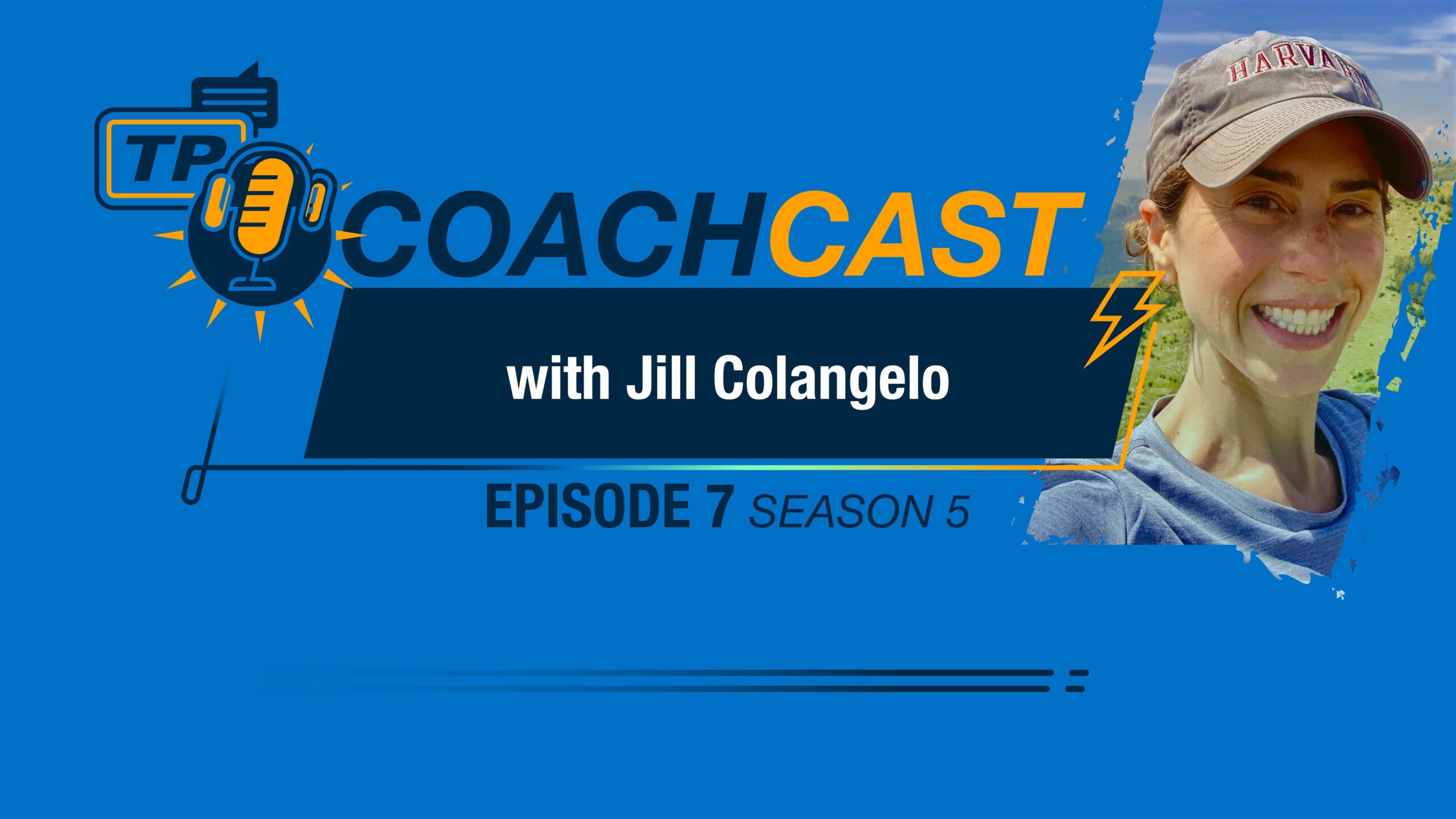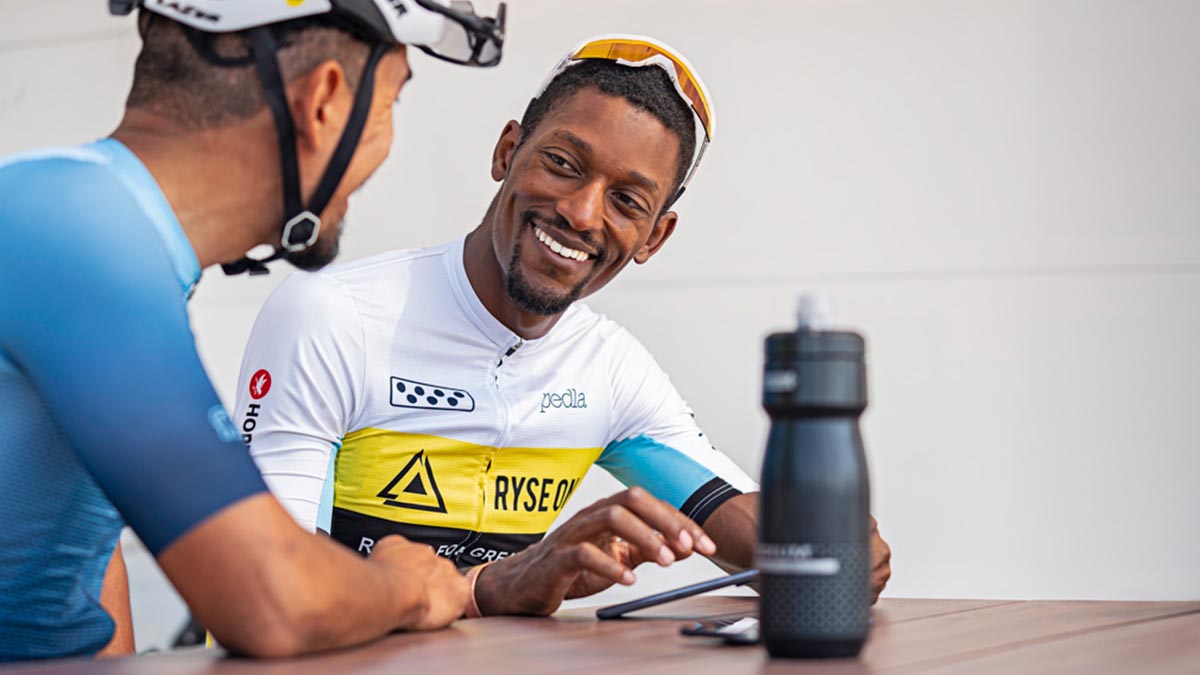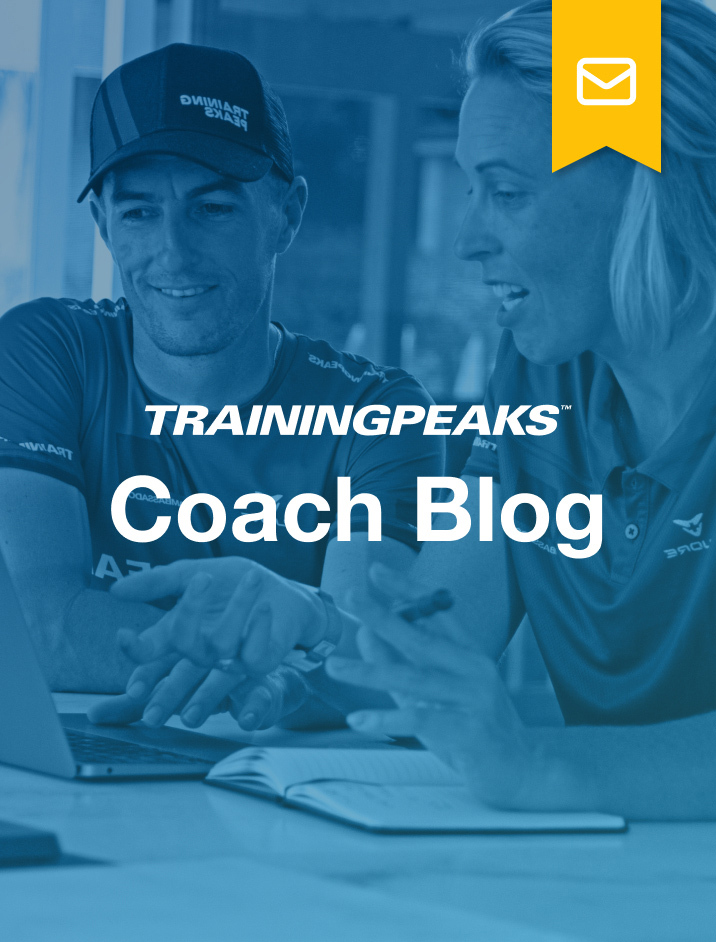In this episode of the TrainingPeaks CoachCast, host Dirk Friel interviews Jill Colangelo, a researcher focusing on mental health in endurance athletes. Colangelo shares insights from her ultra endurance experiences, sports psychiatry work and research, highlighting the higher prevalence of mental illness among ultra endurance athletes.
She discusses the need for recognition and treatment of exercise addiction, as well as the importance of balancing athletic pursuits with a fulfilling life outside of sports. Colangelo also delves into overtraining syndrome, its symptoms and the challenges in diagnosing it. Offering practical solutions for maintaining physical and mental well-being, she stresses the role of coaches in promoting rest, nutrition and mindful training.
Tune in for an eye-opening discussion on mental health in the endurance sports community.
Standout Quotes
“We need to be understanding that people are going to come into this sport with a potential risk for mental disorder. They might go through the sports with potential risk for mental disorder. We need to start talking to people about how they’re managing their lives, not how they’re managing their race, okay? Because that’s something else. That’s what you all do, the coaches, right? But how they’re managing their lives so that they can be an athlete but also have a great, wonderful and fulfilling life.”
“[The results revealed] the more you exercised, or the more you moved your body in the course of a week, the more likely you were to have a mental illness or a risk for mental illness.”
47% of the [ultra endurance athletes in my] study were at risk for one mental disorder or another.
“So my point here is that rising above the issue of which addiction and what addiction, my question is, how did we get here in the first place? There is a question that needed to be answered somewhere, like someone needed alcohol to answer a question, and now maybe they need running or triathlon to answer a question. So let’s get to that question. Let’s answer that question for that person, and then let’s see what happens on the other end. And that’s the work that I’m trying to do, which is to say, let’s not just keep going and going and going and not examining why we are doing this. What are we trying to fix in ourselves by doing this? Because I believe there’s that question that we’re trying to get an answer to, right?”
“Everyone certainly needs practical solutions because, believe it or not, there’s things that we do from the second you get up in the morning till the time you go to bed at night that you can do that will support or destroy your body and your endocrine system and your relationship with your sport.”
“It’s my goal is to change [the lack of an official diagnosis for exercise addiction] because there are a lot of people out there that are suffering with something called with something that ranges from exercise addiction, exercise dependence, and it’s going unrecognized, it’s going undiagnosed. We don’t have diagnostic criteria. We don’t have a protocol for treatment because it’s not recognized. And that needs to change.”



